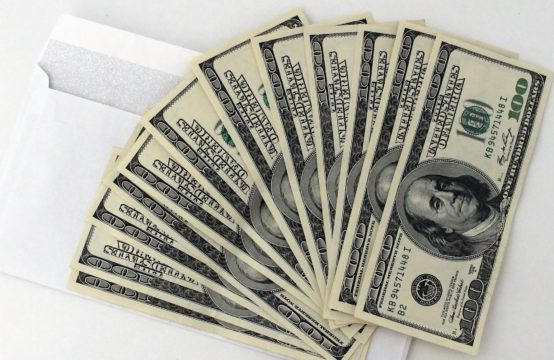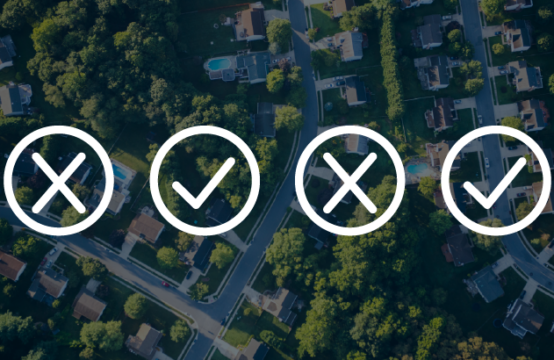Factors that Affect Your Selling Price

You and your agent both want to get the best possible selling price for your home. To do that, it’s important to understand the factors that can affect what your home sells for, like these.
Recent Sales
How much other homes in your area–particularly homes that are similar in size to yours–have sold for is one of the main influencers on your home’s selling price, along with the timing of the market.
When working with you to determine the listing price for your home, your agent will look at the recent sales in your geographical region, as well as market trends. For example, have home sale prices been increasing over the past few years? Are there more buyers looking for homes right now than there are homes on the market? Trends like these, that indicate a “seller’s advantage,” will mean a higher asking price for your home.
Season
Home-selling season traditionally begins in early March, with the start of Spring. But, serious buyers shop for homes all year (apart from the holiday season between Thanksgiving and the end of the year).
Depending on how many homes are on the market in your area, you may want to take advantage of the home-selling season when the weather is warm and when more buyers are eager to get outside and visit an open house.
The fewer homes on the market, the lower your competition for attracting a buyer. So, work with your agent to determine the best time to list.
Preparation
How market-ready your home is when you list it makes a big difference in the value a buyer will see in it, and the offer they will eventually make. Find 4 tips for preparing your home for sale here.
Time on Market
The most successful home sales happen within 2 or 3 weeks of listing. After that, enthusiasm for a new listing drops, as do offers. Make the most of this window by pricing your home accurately. Work with your agent to determine the right listing price.
Some agents may recommend a very high listing price at the outset as a way of securing your business, only to reduce it later after your home has been on the market for some time. This is a strategy called “buying a listing,” and can work to your disadvantage in the long run.
Remember, the longer your home has been on the market, the more price reductions you may have to make. And, once buyers view a home that they consider overpriced it is harder to encourage them to come back and view it a second time, even if it priced lower. The right agent will use data and research to price your home at a value that is right for you and your buyer.




